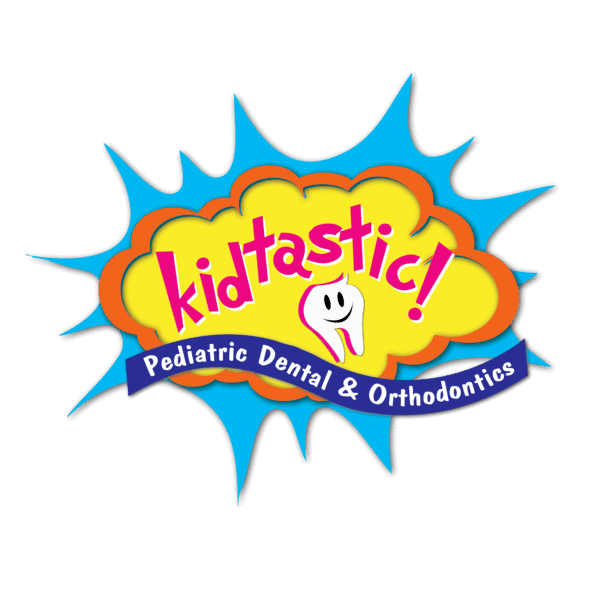Brushing is important for patients of all ages, even when it comes to patients who are very young. When your child’s teeth first start coming in, you should make a habit of helping him brush everyday using a toothbrush with an appropriate size head and just a very small amount of fluoride toothpaste.
Just how small are we talking about? Would you believe as small as a grain of rice or a pea?
Exposing your child to fluoride is important because, as with older children and adults, it strengthens tooth enamel and protects against decay. However, too much fluoride can lead to fluorosis, a condition that won’t harm teeth but will result in permanent teeth that have a spotty appearance. With just the right amount of fluoride, though, you can easily protect your child’s smile by carefully brushing the front and back of each small tooth. Eventually, flossing will become an important part of this process, but not when your child’s teeth are first coming in; they’ll be too far apart for flossing to be necessary. Flossing will only become important when their teeth start touching.
Outside of toothpaste, tap water is another good source of fluoride. Giving just water to a child who is less than six months old isn’t necessarily advised, though. Instead, try mixing it with baby formula. That will ensure that your child’s teeth benefit from the help that fluoride can provide.
Of course, none of this means that you have to wait until your child gets their first tooth to start caring for their smile. You can begin before any teeth come in at all. Using a piece of gauze or a soft, wet washcloth, gently rub your child’s gums. No toothpaste is necessary at this point; gentle scrubbing will be sufficient. Besides cleaning your child’s smile, it will help your little one become accustomed to the daily practice of oral care.
Developing healthy, daily habits like these early is important. When brushing becomes a regular part of your child’s life, there’s a good chance it will remain a part of his life as he grows into a teen and an adult. The earlier you can cultivate a healthy habit like this one, the more your child will be likely to benefit.
Many children start getting their baby teeth around six months, but that’s not the case for every child. If your child doesn’t start getting their teeth until 15 or 18 months, that is also normal. Until then, just continue to clean your little one’s smile with gauze or a cloth. Then, when his primary teeth start coming in, switch to a baby toothbrush.
Do you have any more questions about how to clean your baby’s teeth? Don’t hesitate to call one our Kidtastic offices. Our experienced, knowledgeable team is happy to answer any questions our patients might have. We would also be happy to see your little one. We have offices in Mesa, Gilbert and Queen Creek.
